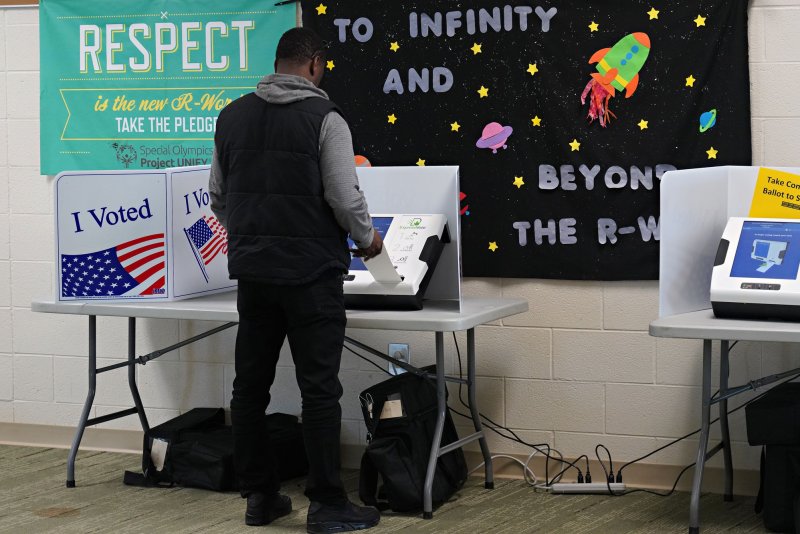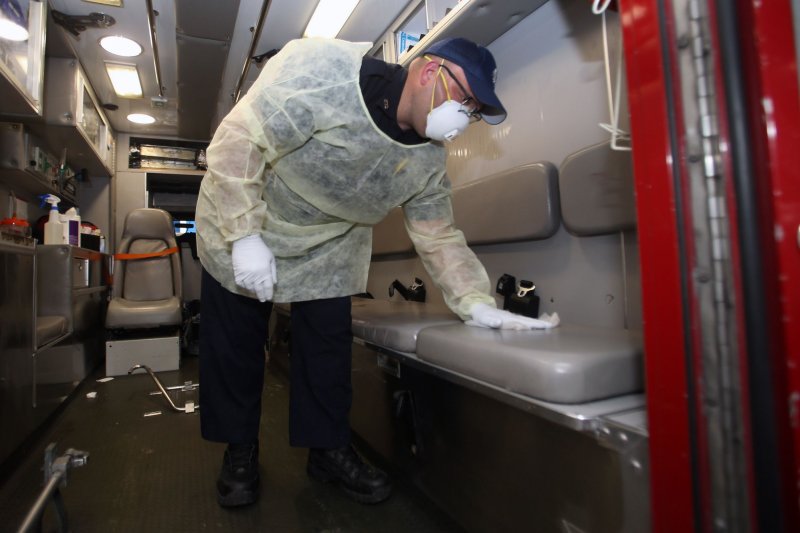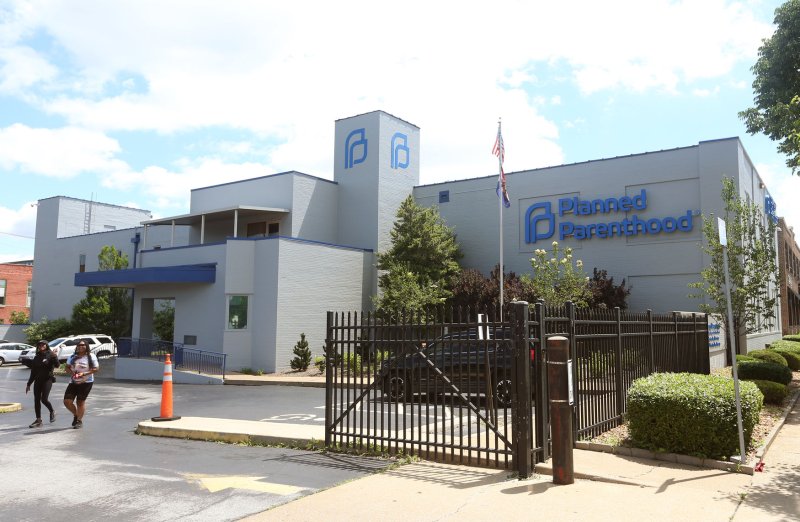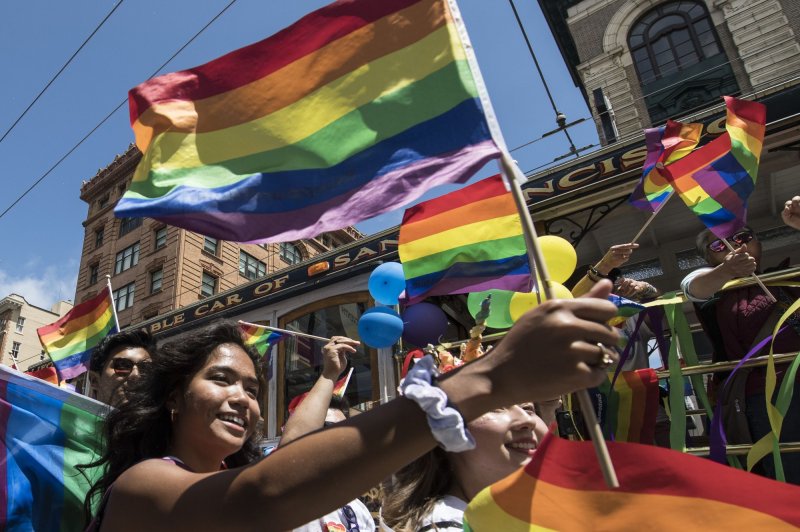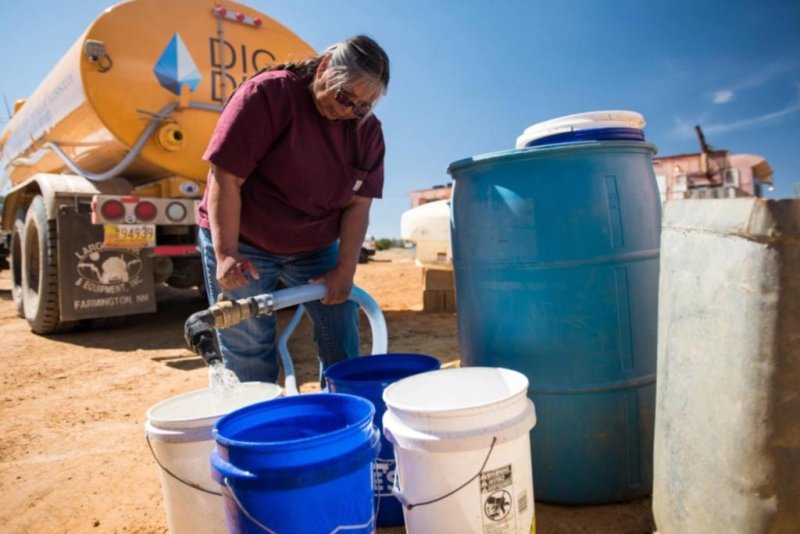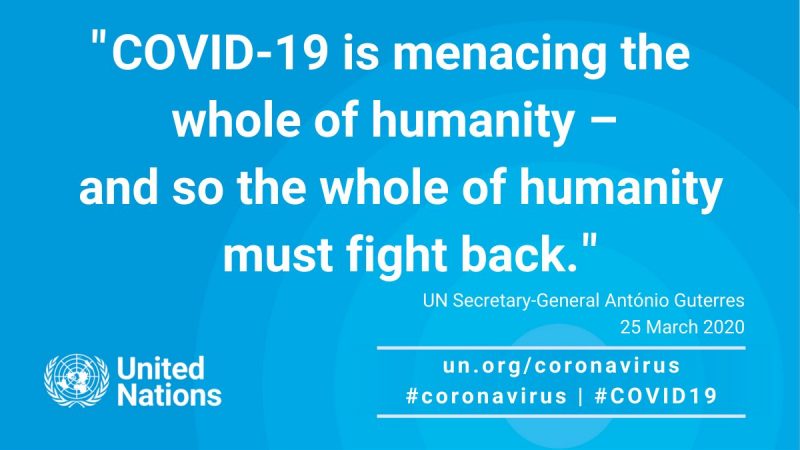
AFP / Khaled DESOUKI
Egypt has carried out sweeping disinfection operations at archaeological
sites, museums and other sites
Egypt's famed Great Pyramid was emblazoned Monday evening with messages of unity and solidarity with those battling the novel coronavirus the world over.
"Stay safe", "Stay at home" and "Thank you to those keeping us safe," flashed in blue and green lights across the towering structure at the Giza plateau, southwest of the capital Cairo.
Egypt has so far registered 656 COVID-19 cases, including 41 deaths. Of the total infected, 150 reportedly recovered.
"The tourism sector is one of the most affected industry but our priority is health," said tourism and antiquities minister Khaled al-Anani, speaking at the site.
Senior antiquities ministry official Mostafa al-Waziri thanked "all the medical staff who help to keep us safe."
Egypt has carried out sweeping disinfection operations at archaeological sites, museums and other sites across the country.
In tandem, strict social distancing measures were imposed to reduce the risk of contagion among the country's 100 million inhabitants.
Egypt's famed Great Pyramid was emblazoned Monday evening with messages of unity and solidarity with those battling the novel coronavirus the world over.
"Stay safe", "Stay at home" and "Thank you to those keeping us safe," flashed in blue and green lights across the towering structure at the Giza plateau, southwest of the capital Cairo.
Egypt has so far registered 656 COVID-19 cases, including 41 deaths. Of the total infected, 150 reportedly recovered.
"The tourism sector is one of the most affected industry but our priority is health," said tourism and antiquities minister Khaled al-Anani, speaking at the site.
Senior antiquities ministry official Mostafa al-Waziri thanked "all the medical staff who help to keep us safe."
Egypt has carried out sweeping disinfection operations at archaeological sites, museums and other sites across the country.
In tandem, strict social distancing measures were imposed to reduce the risk of contagion among the country's 100 million inhabitants.
Tourist and religious sites are shuttered, schools are closed and air traffic halted.
Authorities have also declared a night-time curfew and threatened penalties including fines and even prison.
On Monday, the interior ministry said hundreds were arrested for violating curfew orders. It was not immediately clear if they were later released.
The World Health Organization has commended Egypt's response to the pandemic as "strong and adapted to the situation".
But it called on the Arab world's most populous country to boost hospital resources to better prepare for potential wider transmission.
The novel coronavirus was declared a pandemic on March 11. It originated in the Chinese city of Wuhan and has so far spread in 183 countries.
Over 727,000 people have been infected and more than 34,000 have died worldwide, according to a tally compiled by AFP.
Authorities have also declared a night-time curfew and threatened penalties including fines and even prison.
On Monday, the interior ministry said hundreds were arrested for violating curfew orders. It was not immediately clear if they were later released.
The World Health Organization has commended Egypt's response to the pandemic as "strong and adapted to the situation".
But it called on the Arab world's most populous country to boost hospital resources to better prepare for potential wider transmission.
The novel coronavirus was declared a pandemic on March 11. It originated in the Chinese city of Wuhan and has so far spread in 183 countries.
Over 727,000 people have been infected and more than 34,000 have died worldwide, according to a tally compiled by AFP.
---30---



